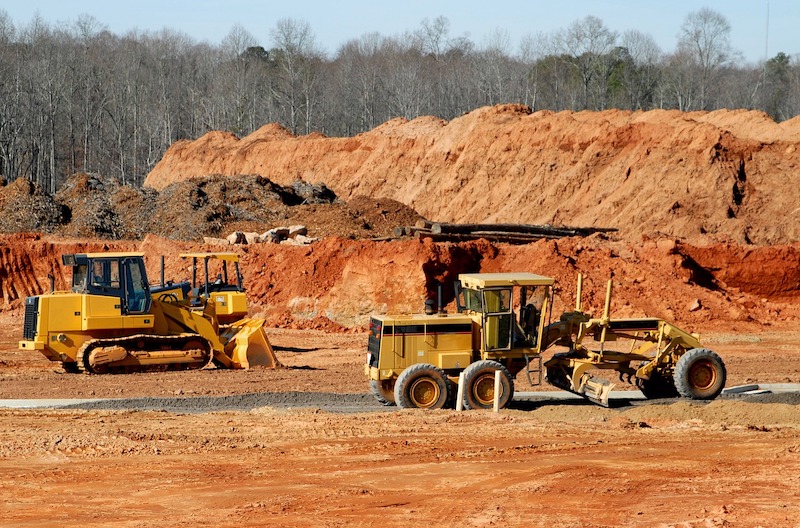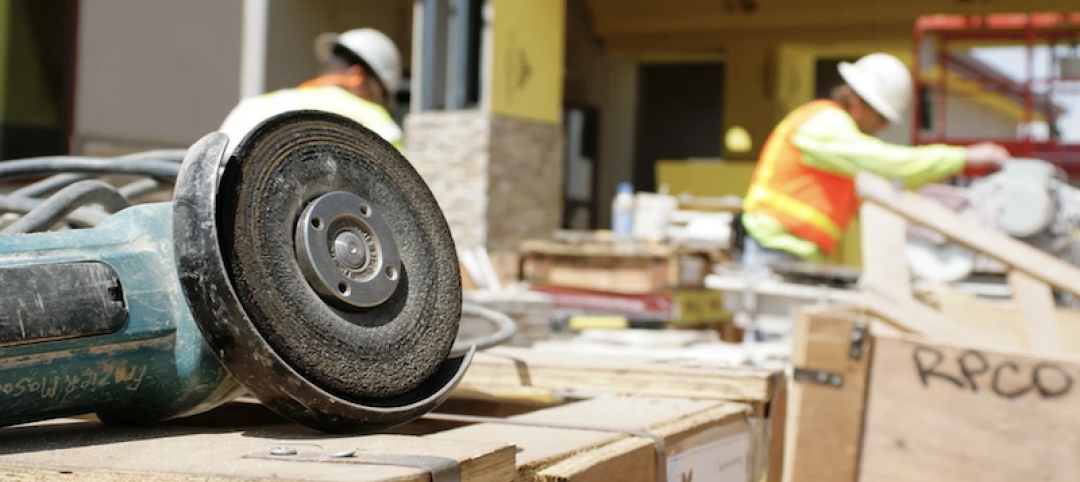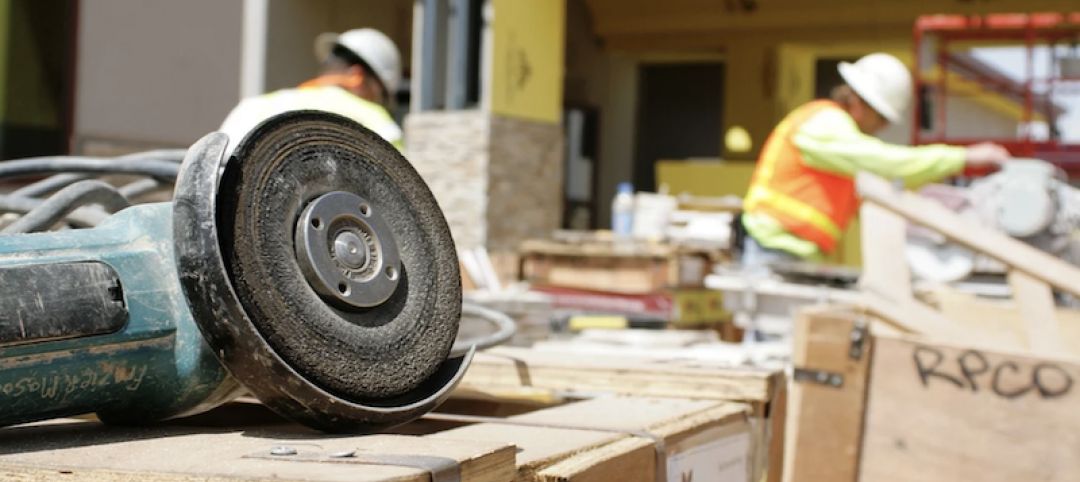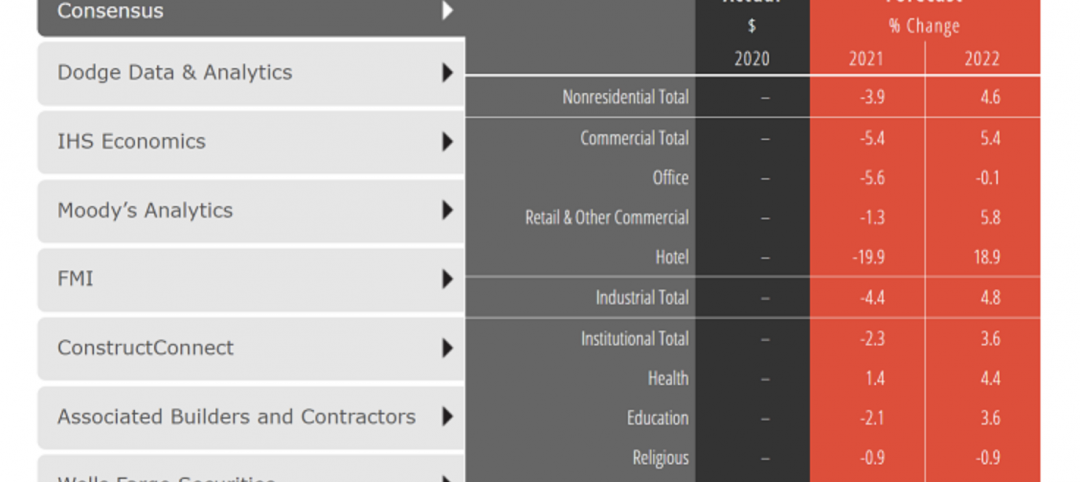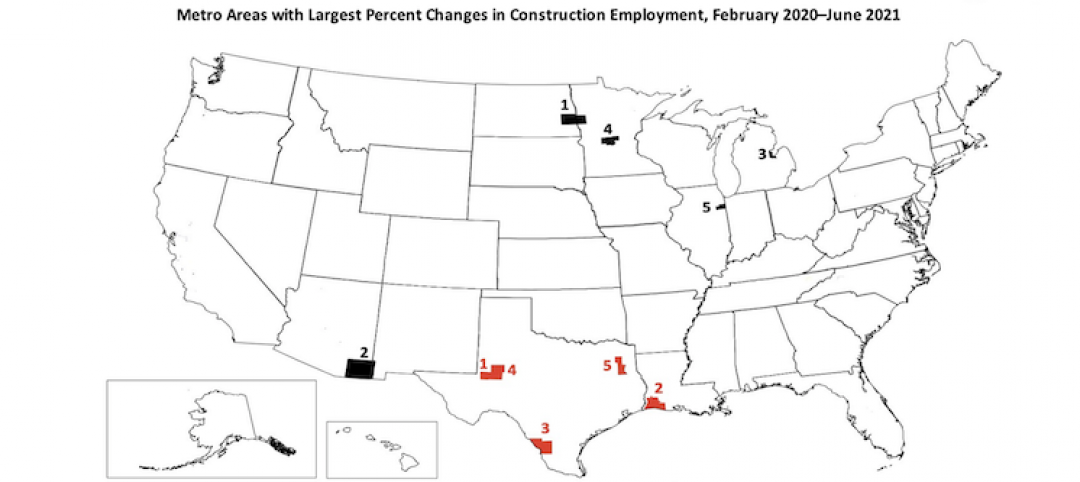Construction employment decreased from February 2020 to February 2021 in 236 of the nation’s metro areas, according to an analysis by the Associated General Contractors of America of government employment data released today, amid project cancellations, rising material prices and supply chain problems. Association officials said that the industry will struggle to add jobs in the future if a series of proposed new labor laws, including the PRO Act, were to be put into law by the current Congress and administration.
“Relatively few places have recovered from the pandemic-induced impacts on the construction industry,” said Ken Simonson, the association’s chief economist. “Project cancellations, spiking materials prices and significant supply chain challenges are making it hard for most firms to add new construction jobs compared to a year ago.”
Houston-The Woodlands-Sugar Land, Texas lost the largest number of construction jobs over the 12-month period (-37,600 jobs, -16%), followed by New York City (-26,700 jobs, -17%); Chicago-Naperville-Arlington Heights, Ill. (-12,900 jobs, -11%) and Midland, Texas (-11,600 jobs, -31%). Odessa, Texas had the largest percentage decline (-40%, -8,200 jobs), followed by Lake Charles, La. (-39%, -7,700 jobs); Midland; Longview, Texas (-23%, -3,400 jobs) and Laredo, Texas (-23%, -900 jobs).
Only 83 metro areas added construction jobs during the past 12 months, while construction employment was stagnant in 39 metro areas. Sacramento--Roseville--Arden-
Association officials cautioned that federal officials are considering a host of measures that will not only undermine proposed new infrastructure investments, but also make it harder for firms to add new employees. Foremost among those challenges are the PRO Act, which would unleash a new wave of labor instability. The measure would likely lead to a host of new strikes and jobsite disruptions that will make it hard for firms to add new employees.
“It will be hard for firms to add new employees if they have no idea whether the jobs they are working on will be shut down because of the wide range of labor actions encouraged by the PRO Act,” said Stephen E. Sandherr, the association’s chief executive officer. “New infrastructure investments will certainly help the industry, but our members won’t be able to build back better if the work is mired in labor uncertainty.”
View the metro employment 12-month data, rankings, top 10, multi-metro division, and map.
Related Stories
Market Data | Aug 12, 2021
Steep rise in producer prices for construction materials and services continues in July.
The producer price index for new nonresidential construction rose 4.4% over the past 12 months.
Market Data | Aug 6, 2021
Construction industry adds 11,000 jobs in July
Nonresidential sector trails overall recovery.
Market Data | Aug 2, 2021
Nonresidential construction spending falls again in June
The fall was driven by a big drop in funding for highway and street construction and other public work.
Market Data | Jul 29, 2021
Outlook for construction spending improves with the upturn in the economy
The strongest design sector performers for the remainder of this year are expected to be health care facilities.
Market Data | Jul 29, 2021
Construction employment lags or matches pre-pandemic level in 101 metro areas despite housing boom
Eighty metro areas had lower construction employment in June 2021 than February 2020.
Market Data | Jul 28, 2021
Marriott has the largest construction pipeline of U.S. franchise companies in Q2‘21
472 new hotels with 59,034 rooms opened across the United States during the first half of 2021.
Market Data | Jul 27, 2021
New York leads the U.S. hotel construction pipeline at the close of Q2‘21
Many hotel owners, developers, and management groups have used the operational downtime, caused by COVID-19’s impact on operating performance, as an opportunity to upgrade and renovate their hotels and/or redefine their hotels with a brand conversion.
Market Data | Jul 26, 2021
U.S. construction pipeline continues along the road to recovery
During the first and second quarters of 2021, the U.S. opened 472 new hotels with 59,034 rooms.
Market Data | Jul 21, 2021
Architecture Billings Index robust growth continues
AIA’s Architecture Billings Index (ABI) score for June remained at an elevated level of 57.1.
Market Data | Jul 20, 2021
Multifamily proposal activity maintains sizzling pace in Q2
Condos hit record high as all multifamily properties benefit from recovery.


